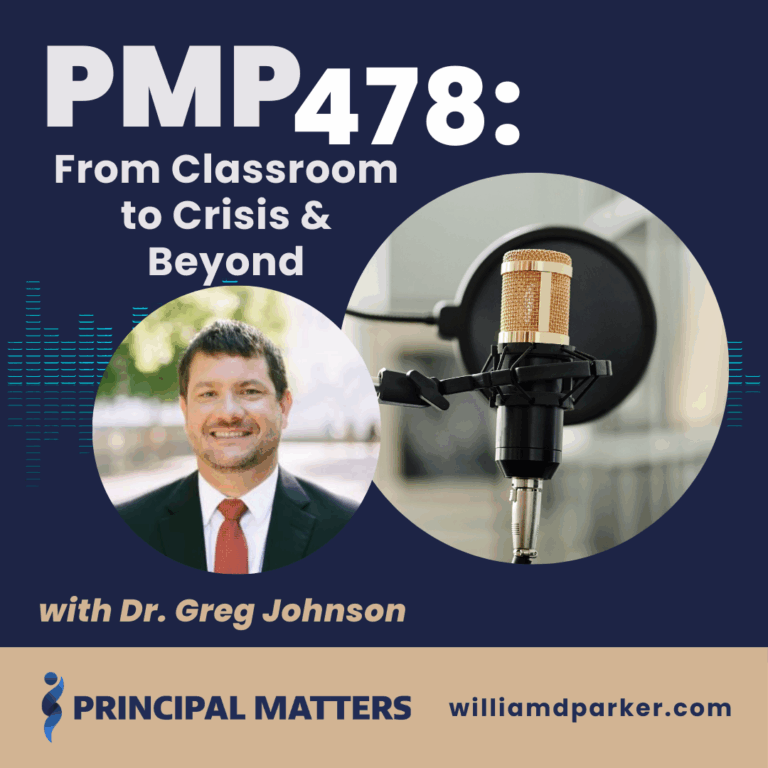Whether for you are leading a team of individuals, or you are a team member who wants to more effective, it is important for everyone to know his or her role. Sometimes our greatest loss of time happens when we are working on tasks that have very little to do with our key purpose.
In Dave Ramsey’s Entreleadership, he describes the difference between “urgent” and “important” tasks. The urgent is often where we focus most of our energy because people want quick solutions. The important is where we must stay focused because we need to accomplish our main mission.
Sometimes the urgent and important are the same, but often they are not. The urgent is not always the most important, and if we forget this, then we end up neglecting our key responsibilities.
Ramsey manages a team of 300+ professionals in his business, and to ensure they accomplish their goals, he provides each of them with KRA’s or Key Responsibility Areas. KRA’s become the team members’ guide so they stay focused on keeping the “main thing the main thing.”
For instance, at the school level, an important role I must play is supervising, observing, and evaluating teachers. Effective instruction, classroom management, and curriculum development are key for ensuring that students are learning. Because of this, I have to make classroom visits a priority.
To accomplish spending adequate time in each classroom, I schedule my visits for the entire year in advance. When someone needs to see me with another urgent matter, they are not ignored. But if I already have my key tasks scheduled in advance, they may have to wait.
Another example is my office staff. At the start of the year, we we sat down together and listed every area of responsibility each one manages throughout the year. Identifying KRA’s helped us see each person’s main tasks and if any adjustments needed to be made in assignments. I put these KRA’s in writing, and followed up with a copy to each member. Each person knows their Key Responsibility Area, and we can review these later in the year when we complete staff evaluations.
Of course no amount of prioritizing will ever be effective without the right people to carry out tasks. And it is always best if the tasks match strength areas of your team. I am very blessed with staff members who possess the right strengths for the responsibilities they manage. When readjusting assignments becomes necessary, however, identifying KRA’s helps us keep those conversations focused and productive.
On the front end, developing KRA’s for yourself and your team can be time consuming. But over the long-term, developing them helps you operate with more effectiveness and peace-of-mind. Ultimately, it allows you to stay focused on the important, not just the urgent.
For more on KRA’s, check out my second post KRA’s Part II.
Now It’s Your Turn: What are some practices you use to stay focused on your ultimate priorities? What are ways you have found to keep yourself or your team focused on the most important outcomes, not just the urgent ones?
Sign-Up For Free Updates and Ebook
When you enter your email address via this link, you will automatically receive my newest posts! Let’s keep learning together!
Principal Matters–The Book!
School leaders are very busy, so each of the twenty-four chapters is designed as a quick-read and followed with take-action questions for follow-up or reflection. If you want practical ideas on understanding your purpose, managing school teams, dealing with challenges, and leading with courage, action, motivation, and teamwork, go HERE to pick up a copy for you or your team.




